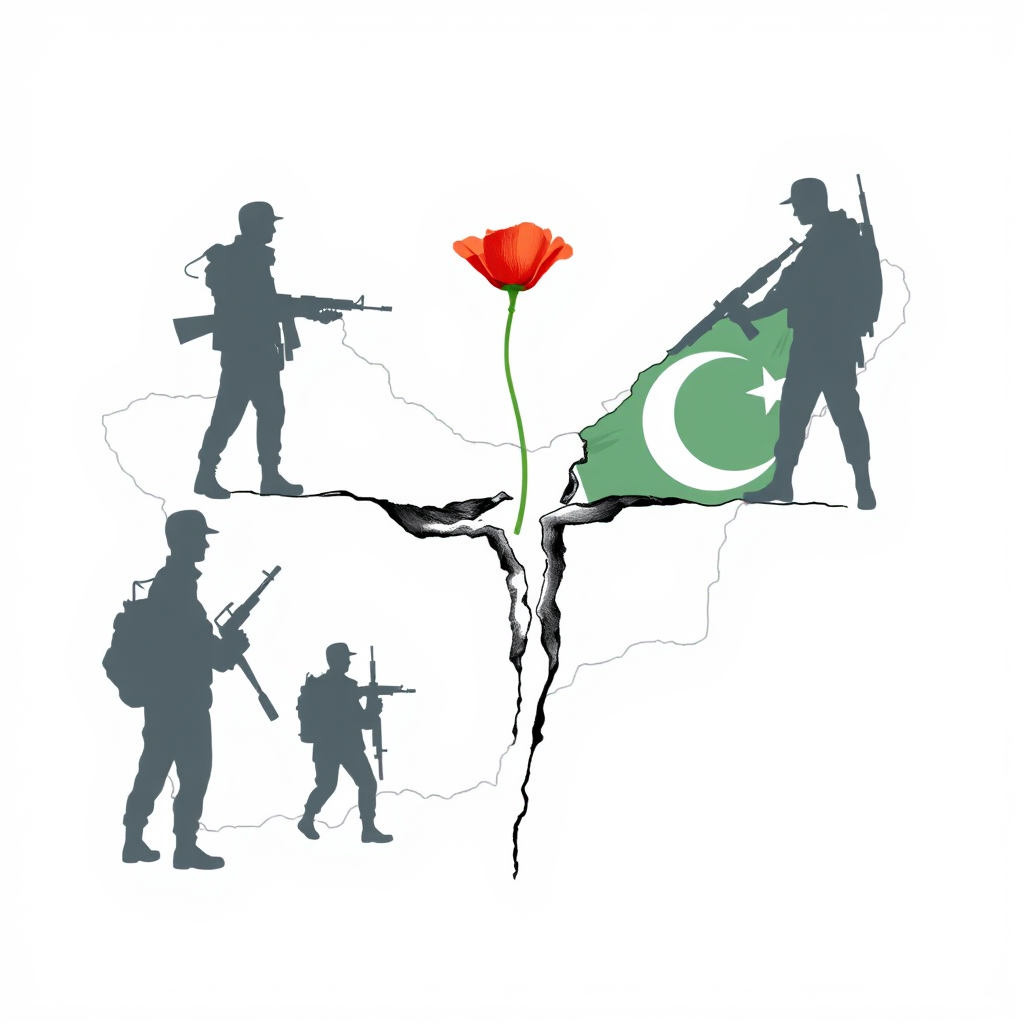India-Pakistan Crisis: Is War Now Inevitable?

Tensions between India and Pakistan are dangerously high following a deadly terrorist attack in the disputed Kashmir region last week, raising fears of potential military conflict. The attack, which left 26 people dead after gunmen targeted tourists in Pahalgam, a region controlled by India, has prompted a strong response from Indian Prime Minister Narendra Modi. He has publicly blamed Pakistan-based militants and granted his military full authority to retaliate.
The situation is particularly precarious given the long-standing and complex history of conflict between the two nations, both nuclear powers. While assigning blame is crucial, escalation must be avoided. A military response, however justified it may seem to some, risks a wider conflict with potentially devastating consequences for regional and global stability.
The current crisis underscores the urgent need for de-escalation and renewed diplomatic efforts. International mediation, while often difficult, could prove vital in preventing a catastrophic outcome. Simply reacting to events without addressing the underlying issues fueling tensions – including the unresolved status of Kashmir and accusations of cross-border terrorism – will only perpetuate the cycle of violence. A return to dialogue, however challenging, is the only sustainable path towards lasting peace and security in the region. The risks are demonstrably higher than ever, and a miscalculation could have irreversible consequences.